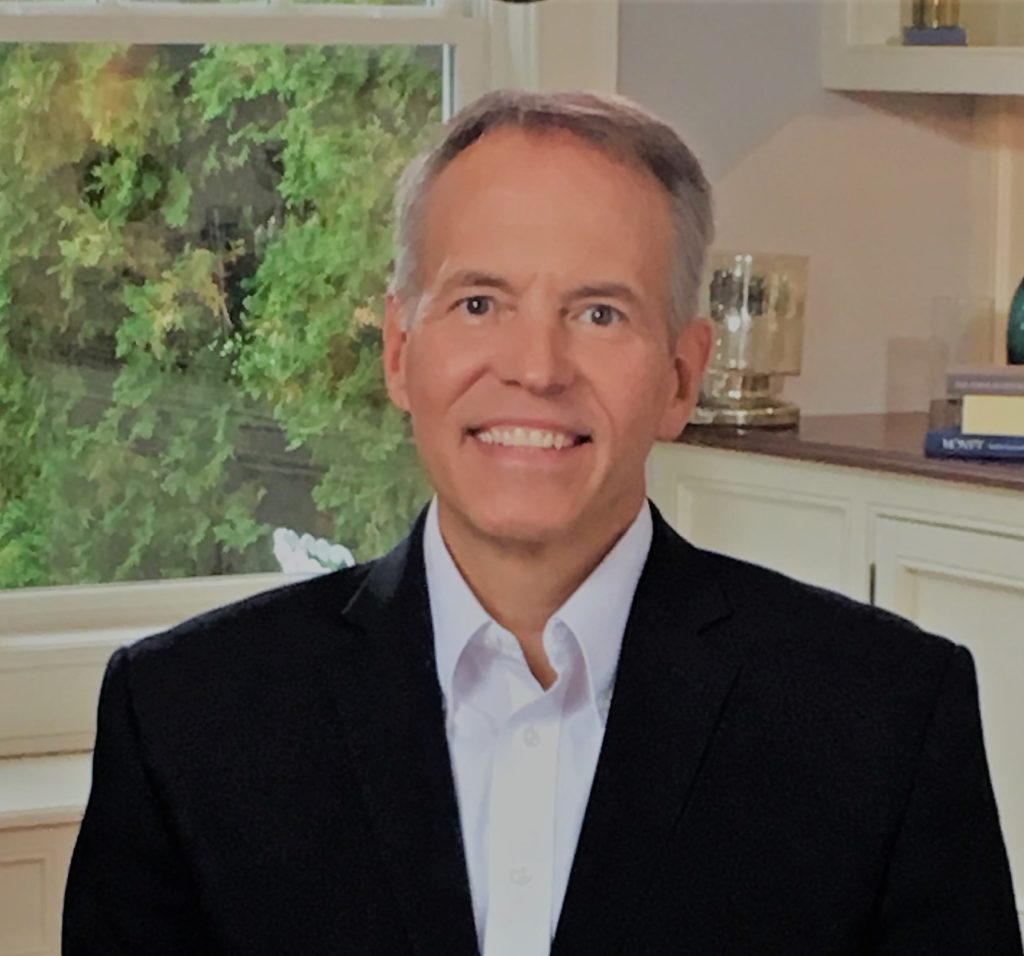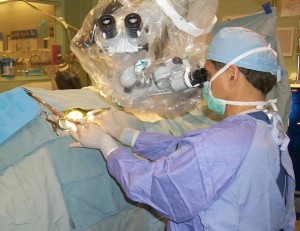Risk Factors for Dementia
 January 29, 2021 In a Series of Radio shows, Dr. Joseph Maroon’s colleague and physician assistant Jeff Bost PAC, presented information on Alzheimer’s disease and dementia related topics. In the first session entitled, Healthy Living and Dementia Prevention, Mr. Bost reviews the most common risk factors for dementia, what can be done to counter them and best ways to preserve brain function. The radio shows are sponsored by St Barnabas Health System (SBHS). Both Dr. Maroon and Mr. Bost are brain health advisors to SBHS.
January 29, 2021 In a Series of Radio shows, Dr. Joseph Maroon’s colleague and physician assistant Jeff Bost PAC, presented information on Alzheimer’s disease and dementia related topics. In the first session entitled, Healthy Living and Dementia Prevention, Mr. Bost reviews the most common risk factors for dementia, what can be done to counter them and best ways to preserve brain function. The radio shows are sponsored by St Barnabas Health System (SBHS). Both Dr. Maroon and Mr. Bost are brain health advisors to SBHS.
Risk Factors for Dementia (a discussion on COVID -19 isolation effects)
Presenter – Jeff Bost PAC
Many of us will feel lonely occasionally. Being alone every once in a while, can be beneficial. It may provide an opportunity for self-reflection and awareness. However, research suggests that imposed social isolation and prolonged loneliness can be harmful. This is especially true as we age. Aging can result in greater isolation, with the loss of family, friends, work activity and reduced mobility. The recent COVID-19 pandemic has been especially hard on those 65 and older. Not only has COVID-19 disproportionally been more lethal in the older populations, it has reduced visitation, travel and generally most forms of typical human to human socialization. Technology challenges means few older Americans are able to use internet sources and this has further resulted in isolation. The result is an explosion of depression and loneliness in older Americans that is a significant risk factor for accelerated cognitive decline and dementia.
In this segment we will discuss the harmful effects of isolation, loneliness and depressive feelings and their adverse effects on aging and cognitive function. We will also discuss potential solutions and options available to individuals, family and friends as to how to counter isolation, improve mood and intellectual stimulation.
Click HERE to Listen to Radio Interview Discussion for Session 1 (12/31/2020)
HIGHLIGHTS
National Academies of Sciences, Engineering, and Medicine (NASEM) reports more than 1/3 of adults aged 45 and older feel lonely, and nearly 25% of adults aged 65 and older are considered to be socially isolated. Older adults are at increased risk for loneliness and social isolation because they are more likely to face factors such as living alone, the loss of family or friends, chronic illness, and hearing loss.
Health Risks of Loneliness
Although it’s hard to measure social isolation and loneliness precisely, there is strong evidence that many adults aged 50 and older are socially isolated or lonely in ways that put their health at risk. Recent studies found that:
- Social isolation significantly increased a person’s risk of premature death from all causes, a risk that may rival those of smoking, obesity, and physical inactivity.1
- Social isolation was associated with about a 50% percent increased risk of dementia.1
- Poor social relationships (characterized by social isolation or loneliness) was associated with a 29% increased risk of heart disease and a 32% increased risk of stroke.1
- Loneliness was associated with higher rates of depression, anxiety, and suicide.
- Loneliness among heart failure patients was associated with a nearly 4 times increased risk of death, 68% increased risk of hospitalization, and 57% increased risk of emergency department visits.1
Reference: Social Isolation and Loneliness in Older Adults Opportunities for the Health Care System (2020)
Improving Social Connections:
- Reaching out to others serves to benefit you and those you connect to.
- Nature: Take a walk in a place that makes you feel humble and open. Look at pictures of awe-inspiring landscapes or star systems that help you see a bigger picture of the world or universe.
- Spiritual/religious practice: Meditate. Pray. Read from spiritual texts. Participate safely in rituals that give you a sense of community and purpose.
- Art/music: View great works of art. Listen to music that inspires you. Allow yourself to explore other genres/images that lift you up.
- Avoid negative connections. Negative social media can be destructive and increase unhealthy stress hormones and anxiety. Multiple studies have found a strong link between heavy social media use and an increased risk for depression, anxiety, loneliness, self-harm, and even suicidal thoughts. Social media may promote negative experiences such as: Inadequacy about your life or appearance.
Reference: OVERCOMING THE LONELINESS OF SELF-ISOLATION
Disclaimer: Every effort has been made by the author(s) to provide accurate, up-to-date information. However, the medical knowledge base is dynamic and errors can occur. By using the information contained herein, the viewer willingly assumes all risks in connection with such use. Neither the josephmaroon.com website, the author, Beaver Radio, nor St Barnabas Health System or its affiliates shall be held responsible for errors, omissions in information herein nor liable for any special, consequential, or exemplary damages resulting, in whole or in part, from any viewer(s)’ use of or reliance upon, this material.
CLINICAL DISCLAIMER:
Clinical information is provided for educational purposes and not as a medical or professional service. Person(s) who are not medical professionals should have clinical information reviewed and interpreted or applied only by the appropriate health professional(s). (Read More HERE)




 Dr. Maroon received an athletic scholarship to Indiana University in Bloomington, Indiana where as an undergraduate, he was named a Scholastic All-American in football. Dr. Maroon has successfully maintained his personal athletic interests through participation in 9 marathons and more than 72 Olympic-distance triathlon events. However, his greatest athletic accomplishment is his participation in 8 Ironman triathlons (Hawaii – 1993, 2003, 2008, 2010, 2013; Canada – 1995; New Zealand – 1997; Germany – 2000), where he usually finishes in the top 10 of his age group. Recently, in July 2012 and 2013, he finished second and third, respectively, in his age group in the Muncie, Indiana half Ironman triathlon. In October 2013 he completed his 5th World Championship Ironman in Kona, Hawaii.
Dr. Maroon received an athletic scholarship to Indiana University in Bloomington, Indiana where as an undergraduate, he was named a Scholastic All-American in football. Dr. Maroon has successfully maintained his personal athletic interests through participation in 9 marathons and more than 72 Olympic-distance triathlon events. However, his greatest athletic accomplishment is his participation in 8 Ironman triathlons (Hawaii – 1993, 2003, 2008, 2010, 2013; Canada – 1995; New Zealand – 1997; Germany – 2000), where he usually finishes in the top 10 of his age group. Recently, in July 2012 and 2013, he finished second and third, respectively, in his age group in the Muncie, Indiana half Ironman triathlon. In October 2013 he completed his 5th World Championship Ironman in Kona, Hawaii.